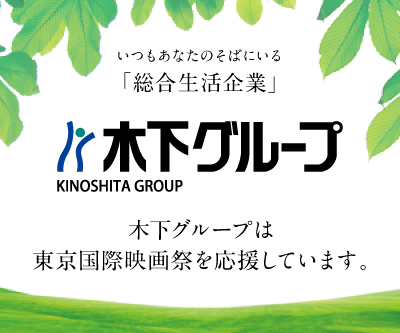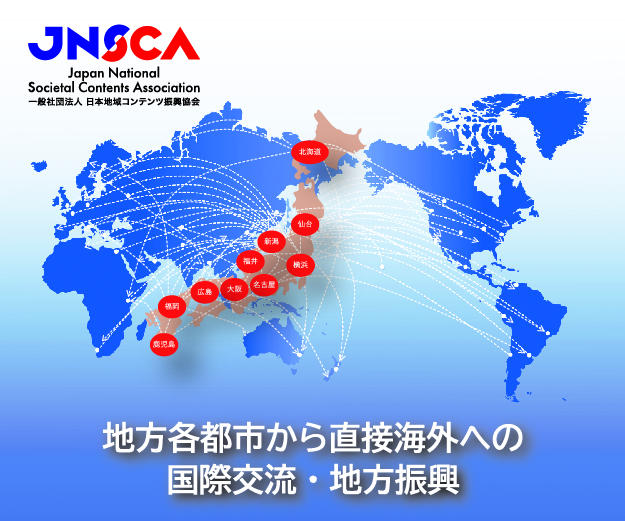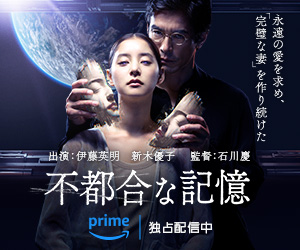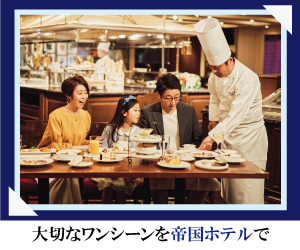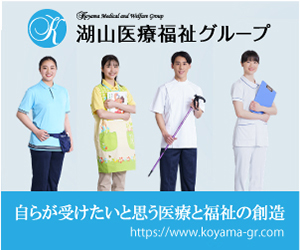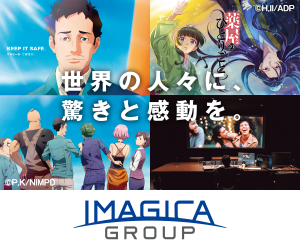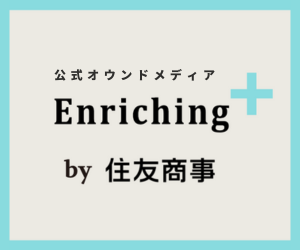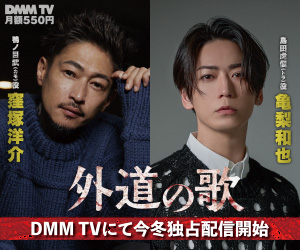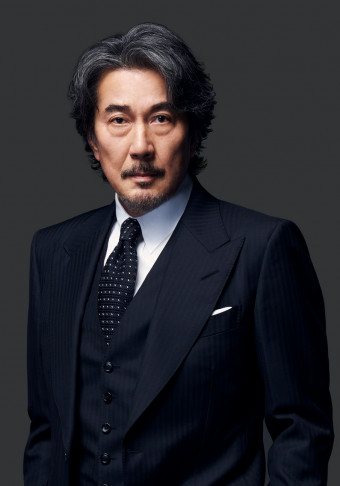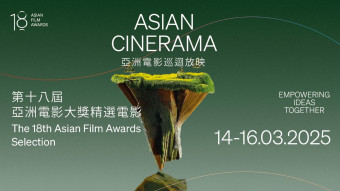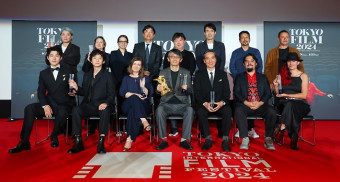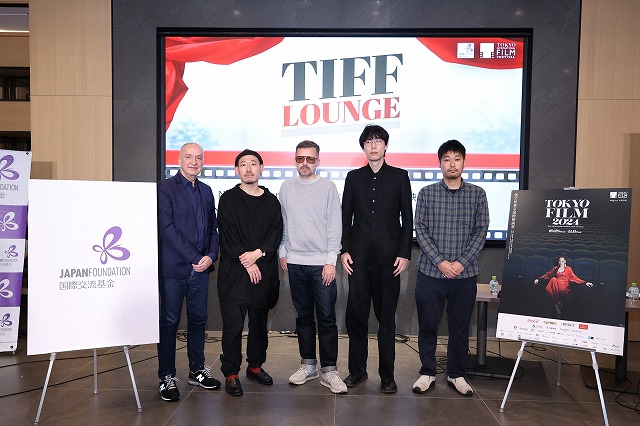
The November 1 TIFF Lounge talk with four directors of films in the Nippon Cinema Now section of the 37th Tokyo International Film Festival was billed as a discussion of How We Make Our Films. But given that TIFF Programming Director Ichiyama Shozo, who served as a moderator, and Christian Jeune of the Cannes Film Festival spent about half the time talking about funding, the actual theme that emerged was What Is the Future of Japanese Independent Films?
The four directors had different experiences raising money for their latest features (all of which were debut films with one exception), which is to be expected. Though the differences were telling in what Japan as a film market has to offer to budding auteurs.
Takino Hirohito, for instance, whose movie The Bear Wait addresses a childhood memory that obviously made a lasting impression on the director, admitted he didn’t raise much in the way of grants to make the film. “I used my own savings, actually,” he said. “I made it with the help of local people from my hometown, where it was filmed, and I had to get staff to work at lower rates than what is standard.” When Ichiyama pressed him further, he admitted that he did borrow some money and his producer tried to get him to apply for government and other grants, but in the end he didn’t, “because the film was very small and personal.”
In contrast, Yang Liping, who won the 2023 Amazon Prime Video Take One Award at TIFF for a short film, was able to secure some money from his alma mater, the Tokyo University of the Arts Graduate School of Film and New Media, since his feature, Ashes, which is about foreign students and workers in Japan, was his thesis project. “The school gave me 2 million yen,” he said, an amount that Ichiyama said sounded quite low, though Yang added that the total budget was only 2.5 million yen. “Fortunately, I was able to borrow equipment from the school” to complete the film, he said.
Mark Gill, the British director of the Japan-set Ravens, a haunting biographical study of photographer Fukase Masahisa, had to search outside of Japan to get funding for the film, which became a France/Japan/Spain/Belgium co-production. However, he was able to fund about 20 percent of the budget from Japanese grants, and Ichiyama noted that Japan’s Ministry of Culture also chipped in.
Kim Yunsoo, another graduate of the Tokyo University of the Arts Graduate School of Film and New Media, and, perhaps not coincidentally, the winner of the inaugural Amazon Prime Video Take One Award in 2021, said he felt relatively free making his first feature, the fantasy ensemble piece, Or Utopia, because Amazon pretty much took care of all the production costs as part of its deal with him through the award. “I could focus all my attention on directing,” he said. “I didn’t have to worry about money.”
Christian Jeune, who said he has been watching the evolution of Japanese films for 45 years, commented that in France there are many grants available but much of it depends on the age and progress of a director. In order to encourage new directors, it is easier to get public funding for a first film, but tougher for the second, and he thinks this is the case in most countries.
This led Ichiyama to ask the four filmmakers if they had already started thinking of their next features. The answers were widely divergent. Gill confirmed Jeune’s point by saying that it is indeed more difficult to get funding for a second feature. But he noted that if you have “great producers” then it can be done.
Takino, who apparently makes a living as an assistant director, said he is too busy with trying to get distribution in Japan for his first film to think about his second. Yang said somewhat confidently that he is set to start shooting his next film in January, but that his producer “is having a hard time with funding.”
Such concerns are obviously important for the future of Japanese film. When Ichiyama asked Jeune to outline what he saw as trends in new Japanese films of recent years, the Cannes veteran mentioned that since the recognition of such internationally admired directors like Kore-eda Hirokazu, Kitano Takeshi, Miike Takashi and Kawase Naomi, he’s been hoping for fresher perspectives. After several years without, he felt that “the past two or three years have brought a lot of new directors, like Okuyama Hiroshi and Yamanaka Yoko.” But he said that regardless of the talent, if there is no money available they will always have problems achieving their vision.
Takino mentioned that, “During the Covid pandemic I could apply for funds from the Art for the Future program, but that was only for two years. Last year, I looked into other grants that were available and whether I met the requirements, but eventually I gave up.” Ichiyama explained that Art for the Future was a subsidy system to support artists only during the pandemic.
Kim reiterated that Amazon’s participation allowed him to concentrate fully on directing. “When I made shorts, I had to do everything myself, and when the first day of shooting on Or Utopia arrived, I realized: I’m the director. Until that point I was always juggling many jobs, and that’s an unhealthy environment in which to make a film. When one person has too much authority in too many aspects of the production, it can also lead to harassment and other problems.” Ichiyama mentioned that when Kim made his award-winning short, One Night, A Train, he likely shot it in Tokyo without securing a permit. Kim concurred that he indeed had resorted to guerrilla tactics: “If I had had a producer, they probably would have stopped me.”
A man in the audience who identified himself as an actor wanted to hear more positive things about the future of Japanese cinema, obviously for personal reasons. Takino laughed. “Positive? I guess the positive thing for me is being able to participate in this festival and meeting many people in the industry. That means I might get the opportunity to make a second feature or shoot in France. Many new directors are making new types of Japanese films, some of them great.”
Yang said that if he could get the proper budget, he could create a “powerful film” that transcended borders and languages, a point that Gill picked up on. “We want Ravens to be seen as widely as possible,” he said, “not just in Japan. We should be more ambitious in trying to reach audiences outside of Japan.”
Jeune insisted, however, that in his experience the Japanese films that travel the farthest are the ones that carry a personal message that resonates, which may have prompted another audience member to ask the directors what they considered their most distinctive attributes as filmmakers.
Though all answered the question to some extent, they seemed stumped, which is to be expected. As Gill put it, “Style is something that other people have to determine.” Kim added, “Style is a risky word. I wouldn’t trust somebody who said, ‘This is my style.’ You have to rely on feedback.”
TIFF Lounge Co-presented by The Japan Foundation & Tokyo International Film Festival
Nippon Cinema Now Talk Session: How We Make Films
Guest Speakers: Takino Hirohito (Filmmaker), Yang Liping (Filmmaker), Mark Gill (Filmmaker), Kim Yunsoo (Filmmaker), Christian Jeune (Director of Film Department, Deputy General Delegate, Cannes Film Festival)
Moderator: Ichiyama Shozo (Programming Director, Tokyo International Film Festival)











